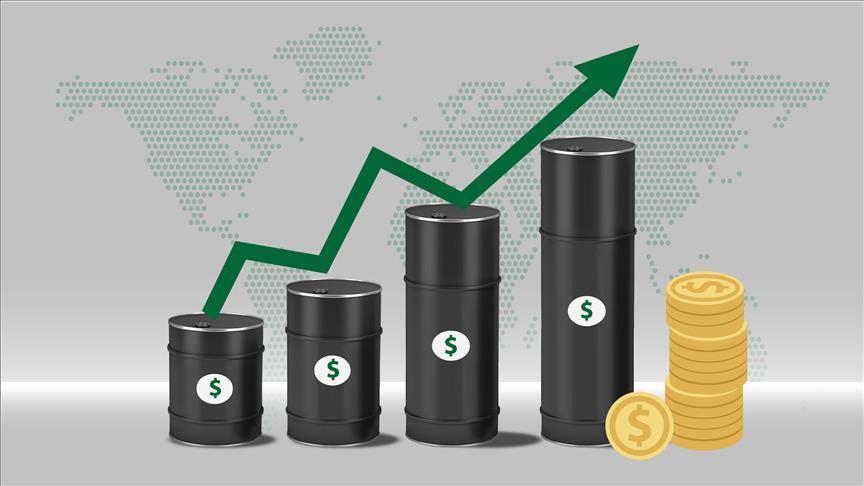Global Crude Oil Prices Surge Amidst Supply Disruptions and Geopolitical Tensions
global oil prices, supply disruptions, Brent crude, WTI, Libya's Sharara oilfield, Red Sea tensions, Yemen's Houthis, U.S. crude stocks, OPEC, OPEC+, oil output cut, Goldman Sachs, geopolitical risks

In a continuing trend, global oil prices witnessed a notable uptick on Thursday, building on the momentum from the previous session. The surge is primarily attributed to mounting concerns over supply disruptions, fueled by issues at a Libyan oilfield and escalating tensions related to the Israel-Gaza conflict.
As of now, Brent crude stands at $78.61 per barrel, reflecting a 0.47% gain for the day. Concurrently, West Texas Intermediate crude (WTI) is trading at $73.34 per barrel, marking a 0.49% increase compared to the previous close.
Breaking a four-day losing streak, the commodity experienced a substantial surge of over 3% in the previous session as the market evaluated potential disruptions to the oil supply chain, marking the highest daily percentage gain since mid-November.
Yeap Jun Rong, a market strategist at IG, highlighted the impact of recent events, stating, "A confluence of headlines around further tensions in the Red Sea and a full shutdown of Libya's Sharara oilfield from local protests have renewed concerns about global oil supply disruptions," as reported by Reuters.
On Wednesday, protests compelled a complete shutdown of production at Libya's Sharara oilfield, capable of producing up to 300,000 barrels per day. The field, a frequent target for local and broader political protests, adds to the uncertainty in the global oil market.
The Red Sea faced shipping concerns following a declaration by Yemen's Iran-backed Houthis that they had "targeted" a container ship bound for Israel on Wednesday. U.S. Central Command reported that the militant group had fired two anti-ship ballistic missiles in the southern Red Sea a day earlier.
Supporting the market, the American Petroleum Institute reported a significant decrease of 7.4 million barrels in U.S. crude stocks for the week ending December 29. Additional insights from the Energy Information Administration are expected on Thursday, delayed by a day due to the New Year's holiday.
In the backdrop of these developments, the Organization of the Petroleum Exporting Countries (OPEC) affirmed the continuation of cooperation and dialogue within the broader OPEC+ producer alliance, despite Angola's decision to leave the bloc last month. A meeting is scheduled for February 01 to review the implementation of the latest oil output cut.
Goldman Sachs analysts anticipate Brent to fluctuate between $70 and $90 a barrel in 2024, considering flexible OPEC+ supply, a low risk of recession, and strategic petroleum reserve purchases by China and the U.S. However, they caution that geopolitical risk scenarios remain a key upside risk to this forecast, as highlighted in their January 03 client note.








